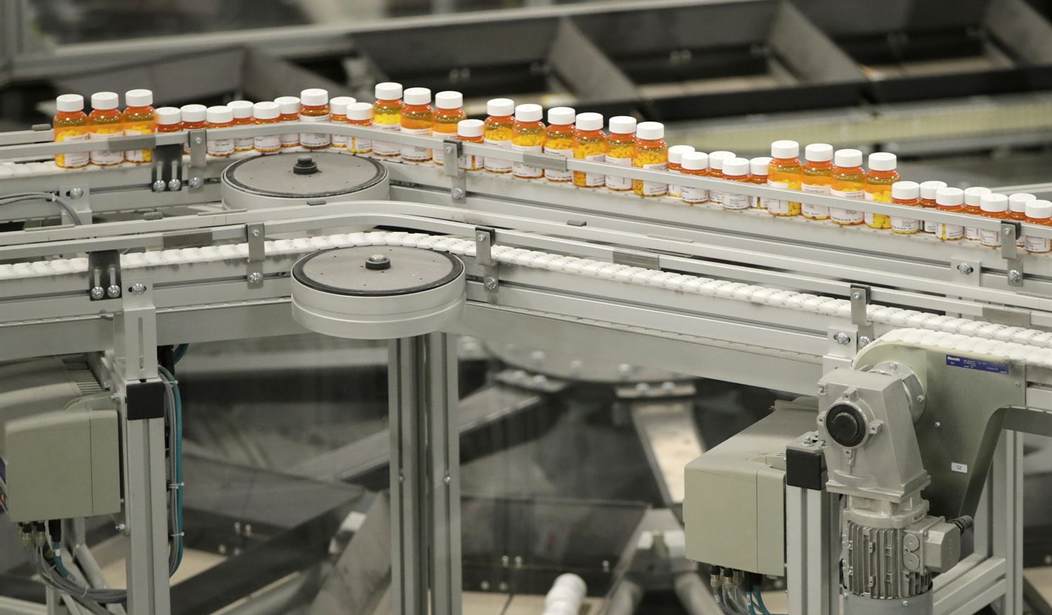Creating more cures would not only save lives, but also money. According to the Centers for Disease Control and Prevention (CDC), America spends $3.5 trillion a year to manage the symptoms of incurable diseases. The National Health Council estimates 133 million Americans suffer from a chronic illness, about one in three Americans.
If there is a better way to bring drugs to market sooner, why aren’t we using it? Perhaps we could mimic the model used during the HIV/AIDS crisis.
During the AIDS crisis in the 1980s, the Food and Drug Administration (FDA) created an expedited process to approve drugs and treatment options for patients afflicted with the deadly disease. On May 21, 1990, the Public Health Service (PHS), the division of Health and Human Services under which FDA operates, announced in the Federal Register and sought public comments “on a proposed policy to make promising investigational drugs for AIDS and HIV related diseases more widely available under ‘parallel track’ protocols.” If we were able to create a pathway for AIDS drugs, we ought to consider extending this same model to other diseases.
Today, millions of Americans are suffering from debilitating and deadly diseases while potentially lifesaving drugs remain stuck in FDA’s approval bottleneck.
Currently, it takes on average 12 years and $2.9 billion to bring a drug from lab to patients. This is loo long and too expensive. As such, Americans are demanding a streamlined process to bring drugs to market. Because of FDA’s bloated bureaucracy and labyrinth approval process, there is an invisible graveyard of patients suffering and dying while treatments remain in efficacy trials for years. No one wants to discuss this awful truth, but it is necessary to enact real change.
FDA should act as a bridge to innovation, but often is a barrier. Too many resources are consumed when efficacy testing takes a decade to complete. We all want safe and effective drugs to come to market sooner, but when drugs have already been deemed safe by FDA they ought to be marketable to those who have exhausted all other options. The market will indeed respond if a drug is ineffective, just like it does in all other industries. Health care is no exception. Patients should be given the option to save their own lives, but government red-tape and nearly endless safety testing makes that impossible.
Recommended
Free to Choose Medicine (FTCM) is a viable solution to this problem. In short, FTCM would expand upon the same expedited approval process used during the AIDS crisis.
FTCM would offer patients a sense of hope and by allowing drugs that have passed initial safety testing to be available to patients right away. Instead of the current FDA process, which would move that same drug to clinical trials where select patients suffering from said disease are offered a chance to get the drug, and then studied like lab rats, FTCM would inject commonsense into the antiquated drug approval process. Unfortunately, under the current system, half of patients in clinical trials are only exposed to a double-blind placebo. FTCM would do away with this as well.
It is unethical for FDA to offer sugar pills to patients who are dying, when a potential cure is available. If a drug is safe enough to offer to patients in clinical trials, it should be safe enough to offer to all patients suffering from the disease in question. Of course, patients should be aware that these unapproved medicines don’t have the FDA gold stamp of approval.
And doctors would play a vital role throughout the FTCM pathway, ensuring their patients are properly monitored throughout the duration of their treatment program.
FTCM puts patients in the driver’s seat of their own care. In America, patients and their doctors should make health care decisions, not FDA busybodies. In a nutshell, this is exactly what FTCM does. As Operation Warp Speed demonstrated, it is possible to expedite drug approval.
During the HIV/AIDS crisis of the 1980s and the coronavirus pandemic, the U.S. government put onerous FDA regulations aside in order to accelerate treatments and a vaccine. This commonsense approach, which is the core of FTCM, should be the norm, not the exception.
Christina Herrin (cherrin@heartland.org) is the government relations manager at The Heartland Institute, a nonpartisan, free-market think tank headquartered in Arlington Heights, Ill.

























Join the conversation as a VIP Member